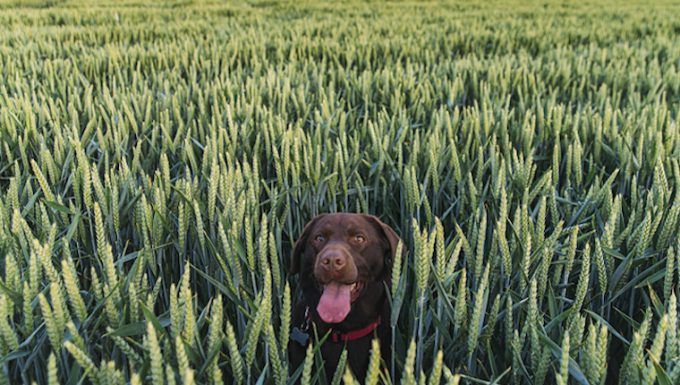Mycotoxicosis-aflatoxin toxicity in dogs is a type of fungal infection that comes from eating spoiled food. The condition can affect a dog’s liver.
In general, the condition develops when grains are exposed to high humidity. Sometimes, commercial dog food brands experience outbreaks of the condition.
Generally, outdoor dogs, pregnant dogs, and young male dogs are most at risk of the…









